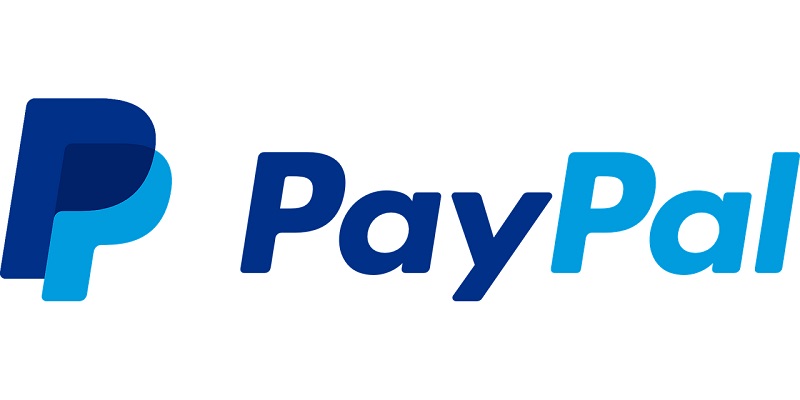Fraud has become a major concern in today’s digital landscape, with its growth and sophistication on the rise. The emergence of AI technology has further amplified these concerns, as it enables individuals to create complete identities with ease. In response to this evolving threat, PayPal, one of the pioneers in the online payment industry, plans to launch three new products in the next 120 days, all leveraging the power of AI. Additionally, PayPal aims to introduce an AI-powered checkout feature designed to keep personal information secure by tracking all possible permutations of addresses and personal details.
Recognizing the need to adapt to the changing landscape, PayPal is leading the charge by integrating AI into its various offerings. With plans to launch three new AI-related products in the near future, PayPal is poised to address fraudulent activities head-on. Furthermore, the introduction of an AI-powered checkout feature demonstrates the company’s proactive approach to enhancing security and protecting user data. By leveraging the capabilities of AI to monitor and detect potential threats, PayPal is strengthening its fraud prevention measures.
Harnessing the power of AI, PayPal aims to stay one step ahead of fraudsters by anticipating changes in fraud patterns. By analyzing vast amounts of data and recognizing patterns, AI can provide insights that aid in the identification and prevention of fraudulent activities. This proactive approach allows PayPal to protect its users and ensure the security of their transactions in an increasingly complex digital environment.
While skepticism surrounding AI may be natural, it is essential not to dismiss the potential it holds in combating fraud. AI technology is evolving at a rapid pace, constantly pushing the boundaries of what was previously deemed possible. The speed of AI’s development challenges us to keep an open mind and explore its vast capabilities. What may have seemed like science fiction a few years ago is now becoming a reality, and it is crucial for companies like PayPal to embrace this technology to stay at the forefront of innovation.
PayPal, once a unique company in its early years, now faces increasing competition and changing customer preferences. Merely serving as a payment method is no longer sufficient. Today, customers seek additional value and benefits from digital payment platforms. To address this shift, PayPal recognizes the importance of prioritizing security, fraud protection, and ease of use to differentiate itself from competitors. By continuously adapting to changing customer needs and seeking innovative solutions, PayPal aims to remain the preferred choice for users worldwide.
In a world where customers have the freedom to choose their preferred payment methods, PayPal must provide the easiest and most secure option. The integration of AI technology enables PayPal to meet these expectations. By placing a strong emphasis on security, PayPal ensures that users’ sensitive information remains protected, making it a reliable choice for online transactions. Furthermore, the use of AI in the checkout feature streamlines the payment process, making it effortless while maintaining a high level of security. These differentiating factors position PayPal as an industry leader, instilling confidence in users.
As fraud continues to evolve, the importance of AI in fraud prevention cannot be overstated. PayPal’s integration of AI technology is a testament to its commitment to staying ahead of the curve and protecting its users. By leveraging AI to detect and prevent fraudulent activities, PayPal ensures the safety of transactions while simultaneously offering a seamless payment experience. As the industry continues to evolve, PayPal remains dedicated to adapting to changing customer needs and providing advanced security measures. By embracing the power of AI, PayPal is well-equipped to navigate the evolving landscape of fraud prevention and maintain its position as a trusted leader in the online payments industry.

